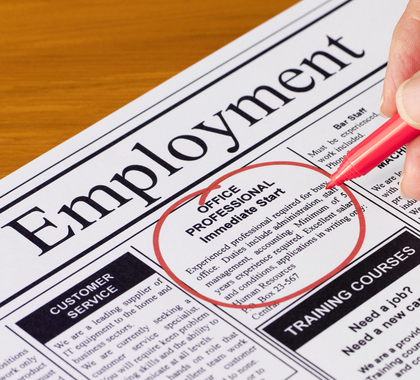Facing dwindling membership in a booming economy, U.S. labor unions are backing a comprehensive legislative package that, if enacted, would rewrite key provisions of the National Labor Relations Act (NLRA).
The Protecting the Right to Organize (PRO) Act working its way through Congress is a radical proposal, says Brian Hayes, an attorney with Ogletree Deakins and a former National Labor Relations Board (NLRB) member, the Society for Human Resource Management (SHRM) reported on July 30.
“It would radically change the NLRA, legislatively overrule hundreds upon hundreds of NLRB and federal court decisions, and completely rewrite fundamental U.S. labor law and policy,” Haynes told the SHRM.
“The PRO Act is a legislative grab bag of virtually every modification to the NLRA that organized labor has sought for decades,” Haynes said.
Big Changes
Among its many provisions, the PRO Act would authorize union-employer contracts that require workers to pay dues, effectively repealing right-to-work laws currently on the books in 27 states that allow workers to choose whether to pay dues.
The PRO Act would also replace secret-ballot elections for union representation with a “card check” system in which organizers collect authorization forms from employees. It would prevent employers from hiring permanent replacements for striking workers, and it would repeal statutory protection of the First Amendment right of employers to express opinions and provide information to employees in the workplace regarding union representation issues.
The legislation would also allow secondary boycotts of companies that supply goods or services to an employer targeted by unions, which has been illegal under federal law for 70 years.
PRO-Union, ‘Anti-Worker’
The PRO Act is an effort to keep workers captive and make them pay for big labor unions, says Matt Patterson, a labor expert and executive director of Free California.
“Organized labor sells a product that workers just don’t want,” Patterson said. “Otherwise, union membership wouldn’t have plummeted from 20 percent to not even 7 percent in the past 30 years. The only way they can shore up their role is to make it harder for people to get out, which is exactly the point of this ridiculously anti-worker legislation.”
Tilting the law to favor labor unions is not in employees’ best interest, says Olivia Grady, a senior fellow in the Center for Worker Freedom at Americans for Tax Reform.
“Americans for Tax Reform strongly opposes the PRO Act because it enriches union bosses at the expense of American workers,” Grady said.
“The bill would restrict the freedom of American workers, increase unemployment, and subsidize labor unions by forcing millions of workers into unions where they would be forced to pay union dues.”
Strong Support from Democrats
The Health, Employment, Labor, and Pensions Subcommittee of the U.S. House of Representatives held its second hearing on the PRO Act on July 25. The PRO Act could pass through the House this fall, where it has 204 Deomcratic cosponsors in the Democrat-dominated chamber.
The PRO Act (H.R. 2474) was introduced by U.S. Rep. Bobby Scott (D-VA) in the House, and an identical bill (S.1306), was introduced in the Senate by Sen. Patty Murray (D-WA), on May 2.
Bonner R. Cohen, Ph.D. ([email protected]) is a senior fellow at the National Center for Public Policy Research.





